Change is the only constant in the world, and higher education is not immune. The daily challenges that universities face have resulted in far-reaching changes within the higher education space over the last few decades. Online education, in particular, has seen massive changes in staffing, teaching, and organizing, and institutions of higher education have been forced to investigate and implement new models over time, especially as interest and enrollment increase for online education.
The Academic Coach Model has emerged as a new and innovative approach to empowering faculty. However, there are key differences between programs and numerous ways to utilize Academic Coaches successfully. To help higher education institutions better analyze and implement Instructional Connections’ Academic Coach Model, IC has summarized a collection of abstracts on current and recent research of their services in partnership with their university partners. New research continues to be conducted into how their Academic Coach Model demonstrates its effectiveness and quality. These abstracts provide a quick summary of relevant research on our Academic Coaches. They will help you determine if Academic Coaches are the right fit for your institution.
Lived Experiences of Graduate Teaching Assistants in an Online Nursing Course
Author: Robert Williams, Ed.D
Institution: Argosy University
Year: 2012 Dissertation
This study examined the roles and perceptions of roles as online teaching assistants. Ten participants comprised the study, from one Registered Nurse to a bachelor of science course. Several common themes were identified: challenges, positive experiences, views of students, professional vs online roles, and others. Results support the idea of Academic Coaches as a viable alternative option for higher education institutions, although follow-up studies on different populations, differences between various types of courses, and measurement of retention and student satisfaction.
Characteristics of Academic Coaches in an Online RN-to-BSN Program
Authors: Daisha Jane Cipher and Mary E. Mancini Institution: University of Texas Arlington
Year: 2018
Published -Journal of Nursing Education • Vol. 57, No. 9, 2018
This study analyzed Academic Coaches teaching those enrolled in an online RN-To-Bachelor Science course and data collected from Academic Coaches, enrolled students, and faculty members. This study captured data from over 90 Academic Coaches who taught over 160 online courses, and evaluation data was collected from 12,000 students. Overall, most Academic Coaches received high marks from both students and instructors. The study concluded that Academic Coaches can help contribute to a high-caliber educational experience while retaining high levels of student satisfaction.
Use of Academic Coaches to Promote Student Success in Online Nursing Programs
Authors: Lisa Broussard, DNS, RN, CNE ⁎, Debra White-Jefferson, DNP, RN
Institution: University of Louisiana Lafayette
Year: 2018
Published – Teaching and Learning in Nursing 13 (2018) 223–225
The number of RN-to-BS courses continues to rise in the US to capture increased demand for online student courses in this course of study. However, many higher education institutions need more faculty bandwidth to limit student capacity. Academic Coaches are one potential strategy to free up instructor time and increase student outcomes and satisfaction. This study analyzed how one institution of higher education utilizes Academic Coaches to improve course outcomes.
Managing the Large Online Classroom Using the Academic Coach Model
Authors: Debra White-Jefferson, Lisa Broussard and Helen Fox-McCloy
Institution: University of Louisiana at Lafayette College of Nursing and Allied Health Professions Year: 2019
Unpublished
This study continues to explore how Academic Coaches are a viable solution to counter challenges in the RN-to-BS online education space. This study concluded that while Academic Coaches are a great solution, certain factors increase efficacy. Clearset expectations, academic oversight, and smooth onboarding all help improve the Academic Coach experience.
Academic Coaching in an Online Environment: Impact on Student Achievement
Authors: Melissa J. Hawthorne [Principal Investigator] and Jesse V. Sealey
Institution: Louisiana State University-Shreveport and Newman University Year: 2019
Published – Proceedings of IConSES 2019 – International Conference on Social and Education Sciences (pp. 122-126). Denver, CO, USA
Massive Online Open Enrollment Courses (MOOCs) shifted academic debates around remote learning and increased interest in successful strategies to amplify the efficacy of MOOC instructors. However, doubts about retention and student outcomes lingered, and many in the academic space needed to be more convinced of the effectiveness of MOOCs. Academic Coaches emerged as a successful strategy to tackle both challenges and increase adoption and success within MOOCs.
Partner With Instructional Connections
Are you looking to support and scale your online courses as an institution of higher education? Partner with Instructional Connections to better support your faculty and their students! All our Academic Coaches are graduate degree-qualified and prepared to maximize the efficacy of your faculty.
Our Academic Coach Model is comprehensive. Our academic coaches are all subject matter experts who help your faculty provide their classes with the best resources and support possible. These Academic Coaches help your faculty members by completing faculty-assigned routine tasks and freeing up the faculty’s time to focus on the curriculum, learning objectives, student interventions, and more. Tasks like grading per the rubrics and faculty directions and some routine correspondence can be assigned to Academic Coaches. At the same time, faculty members focus on improving course outcomes, individualized at-risk student interventions, and staying up-to-date with current research. The result is a more impactful course for all involved.
Reach out to Instructional Connections to discuss this further today!











